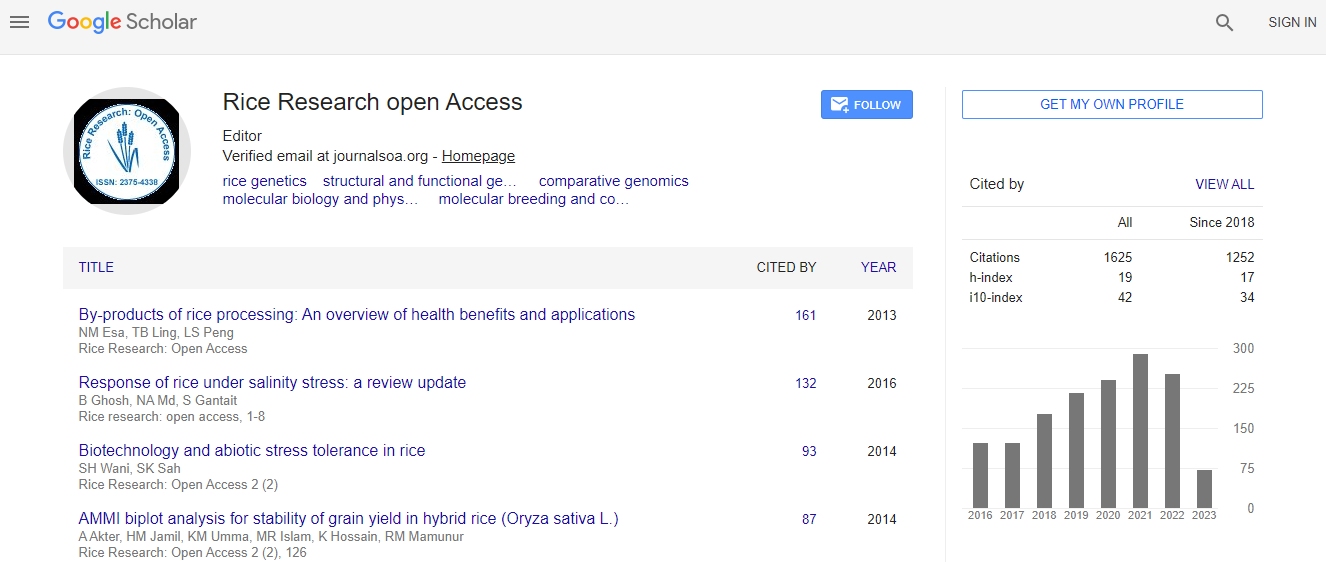Review Article
Anticarcinogenic and Anti-Colitis Effects of the Japanese Vinegar Kurozu
| Toru Shizuma* and Naoto Fukuyama | ||
| Department of Physiology, School of Medicine, Tokai University, Japan | ||
| Corresponding Author : | Toru Shizuma Department of Physiology, School of Medicine Tokai University, Japan Tel: +81-463-93-1121 Fax: +81-463-93-6684 E-mail: shizuma@is.icc.u-tokai.ac.jp |
|
| Received October 10, 2013; Accepted November 06, 2013; Published November 08, 2013 | ||
| Citation: Shizuma T, Fukuyama N (2013) Anticarcinogenic and Anti-Colitis Effects of the Japanese Vinegar Kurozu. J Rice Res 1:113. doi: 10.4172/jrr.1000113 | ||
| Copyright: © 2013 Shizuma T, et al. This is an open-access article distributed under the terms of the Creative Commons Attribution License, which permits unrestricted use, distribution, and reproduction in any medium, provided the original author and source are credited. | ||
Related article at Pubmed Pubmed  Scholar Google Scholar Google |
||
Abstract
Kurozu (or Kurosu) is traditional Japanese black vinegar made by prolonged fermentation of unpolished rice and Kurozu Moromimatsu, its sediment, are both consumed in Japan as health foods or supplements.
Kurozu has established antioxidant activity that may confer the anti-inflammatory and anticarcinogenic effects reported in animal models. In this report, we summarized the studies demonstrating the anticarcinogenic and anticolitis effects of Kurozu and Kurozu Moromimatsu.

 Spanish
Spanish  Chinese
Chinese  Russian
Russian  German
German  French
French  Japanese
Japanese  Portuguese
Portuguese  Hindi
Hindi 
